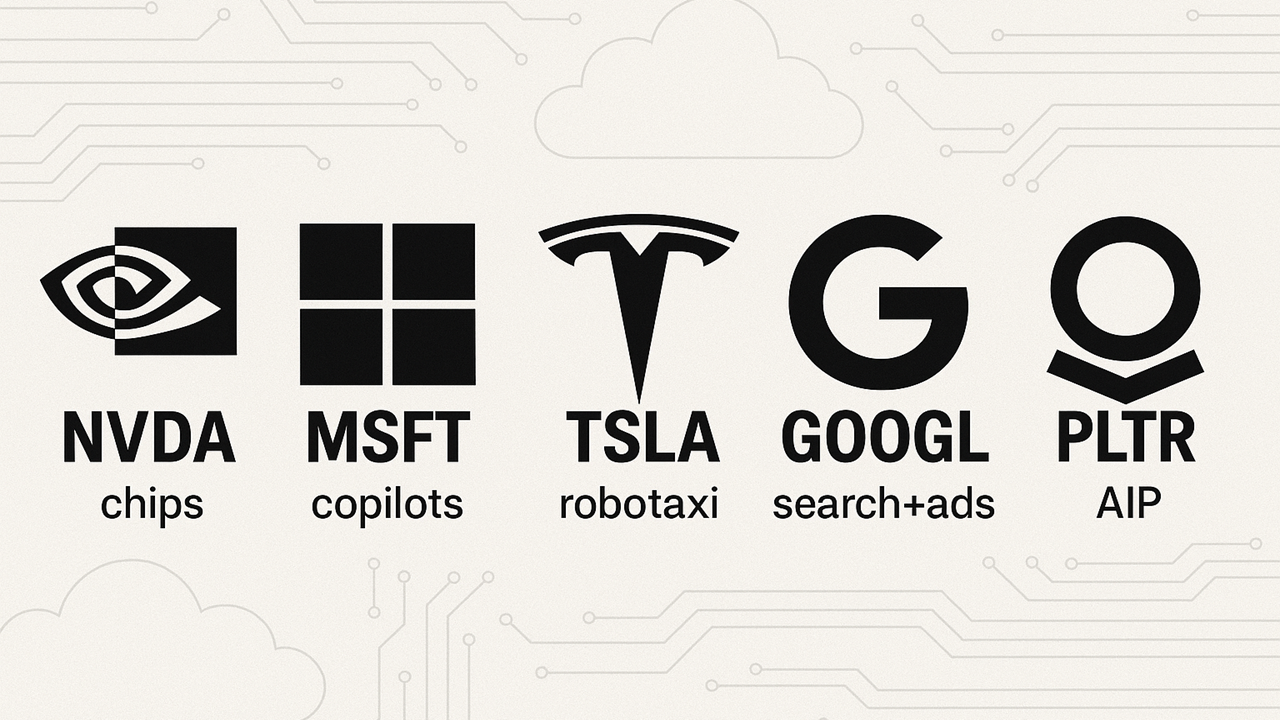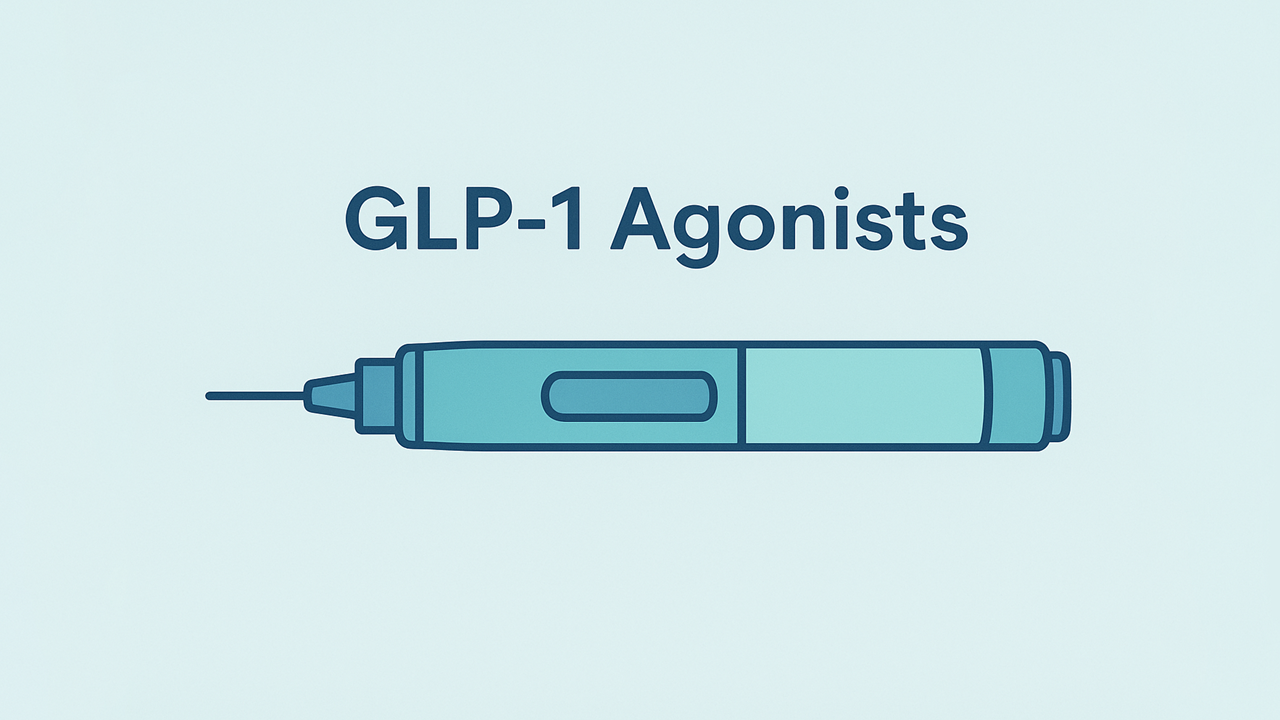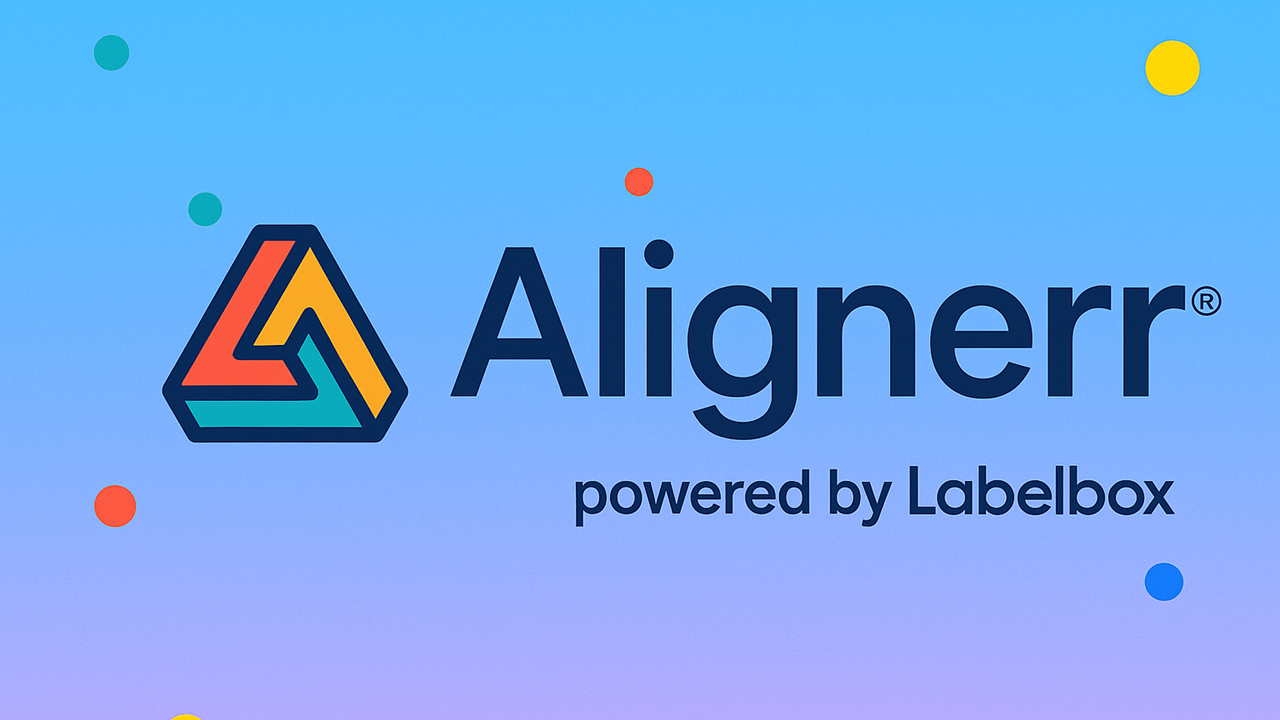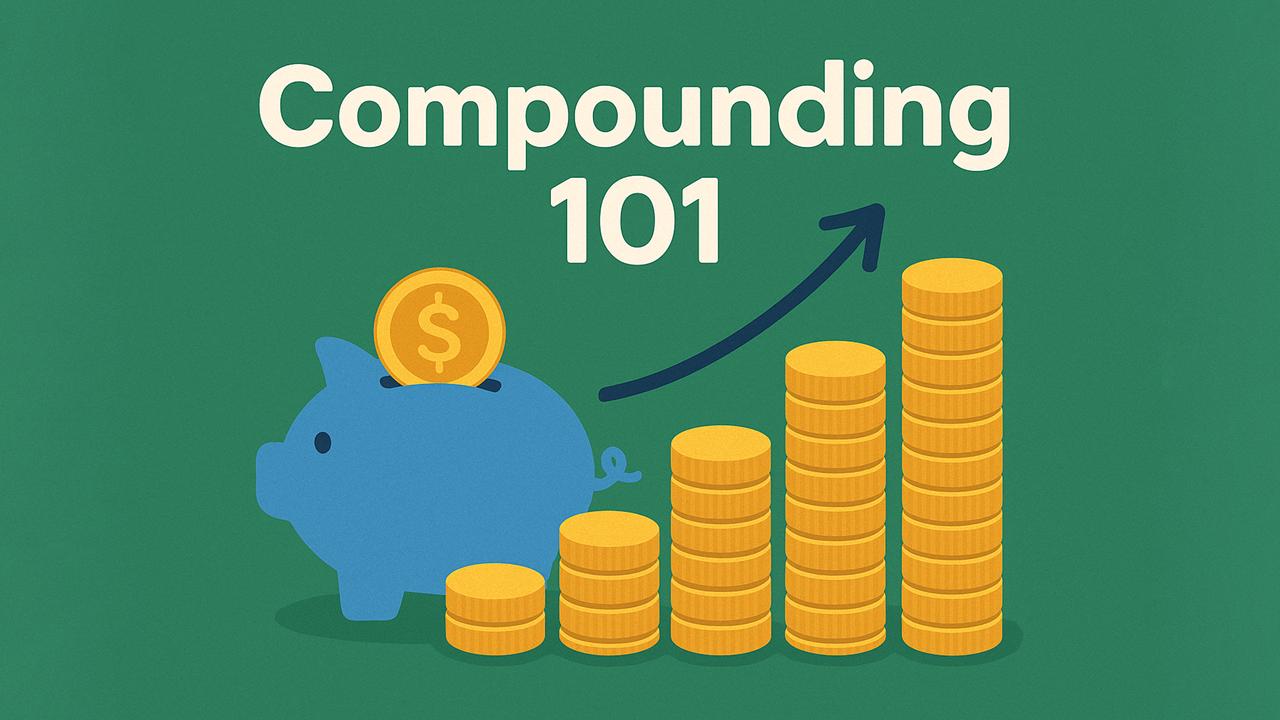Generate Passive Income by Sharing Your Internet Bandwidth With These Apps
For best results, install all of the apps and forget about them. Check the gains at the end of the month.
Internet connections keep getting faster, yet most households use only a fraction of their capacity. Proxy server providers now pay everyday users for that surplus. Businesses buy the resulting pool of real residential IP addresses for ad‑verification, price‑monitoring, SEO audits, or anti‑fraud checks—tasks that need authentic, geographically diverse traffic. The Pawns.app, for example, is how IPRoyal gets their pool of per GB residential IPs.
Run a small app, decide how much data to share, and credits build quietly in the background. Earnings won’t replace a salary, but they can cover streaming subscriptions, phone bills, coffee budgets, or even investing. The trade‑off is simple: passive money versus the responsibility of letting vetted third‑party traffic pass through your connection.
Below are the most active, verifiably paying platforms today.
Getting Started
To begin earning money by sharing your bandwidth, you will need:
A computer.
An internet connection.
An Android phone (optional, if sharing cellular data).
Here’s what you need to do:
Visit the website for each of the apps listed below.
Create an account if required.
Download and install the app on your PC, phone, or both.
Leave the app running in the background.
Top Apps to Share Your Bandwidth
| Bandwidth-Sharing Platforms in 2025 | |
| Platform | Overview |
| Honeygain | Easiest “set it and forget it” passive income app, paying ~ $0.10 / GB, with a $5 sign-up bonus. |
| Pawns.app | Offers higher $0.20 / GB rate plus optional surveys, with quick $5 payout via PayPal, crypto, or gift cards. |
| PacketStream | Pioneer with a $0.10 / GB rate, $5 minimum cash-out on PayPal, and a straightforward bandwidth marketplace. |
| EarnApp | Powered by Bright Data’s client base, allows withdrawals from $2.50 via PayPal and often yields higher rates. |
| TraffMonetizer | Pays about $0.10 / GB but now withdraws in USDT—great for crypto-friendly users. |
| Repocket | Newcomer offering $0.20 / GB, $5 sign-up bonus, two-device limit, and $20 PayPal cash-out threshold. |
| ProxyRack Peer | Claims up to $0.50 / GB; first payout at $20 then $5; Windows/Docker only for now. |
| Mysterium Network | Blockchain-based decentralized VPN rewarding nodes in MYST tokens—ideal for tech-savvy Raspberry Pi setups. |
Honeygain popularised “set‑and‑forget” bandwidth monetisation and now serves more than 1.5 million users worldwide. Once installed, the bee‑themed app sells your unused traffic to enterprise clients for ad‑verification, price‑comparison, and SEO scraping—keeping data encrypted so neither side sees the other.
Pays about $0.10 per GB; $20 PayPal or JumpToken cash‑out; $5 sign‑up credit.
Supports Windows, macOS, Linux, Android; multiple devices allowed if on different networks.
Ten‑percent lifetime referral commission plus daily “Lucky Pot” bonus draw.
Traffic filtered to block torrents and illicit use; AppEsteem‑audited.
Earnings vary heavily by region—expect $1 ± per day on a strong U.S. line.
Pawns layers paid surveys atop a solid proxy‑sharing core backed by IPRoyal. It positions itself as the highest‑rate mainstream app, attractive to users who want both passive and active options in one dashboard.
Shares bandwidth at ~$0.20 per GB and pays surveys separately; $5 PayPal/Bitcoin minimum.
Runs on Windows, macOS, Linux, Android, iOS beta; one device per IP policy.
Ten‑percent recurring referral cut plus $1–$5 first‑payout bonus.
Whitelisted by major antiviruses and certified by AppEsteem.
Quiet background footprint; demand strongest in North America and Western Europe.
The original “PacketStreamer” marketplace remains a reliable if slower‑earning player. Simplicity is its hallmark: install a lightweight node, watch credits rise, withdraw through PayPal.
Fixed $0.10 per GB; $5 PayPal threshold for quick payouts.
Official apps for Windows and macOS; Linux via Docker; no mobile client.
Twenty‑percent referral revenue—highest cut in the sector.
Allows multiple devices on one LAN, though duplicate IPs reduce extra earnings.
Mixed user reviews: solid payments, but low demand in many regions.
Bright Data—the world’s largest proxy provider—funnels enterprise traffic to EarnApp nodes, giving many operators steadier utilisation than rival networks.
Dynamic country‑based rates often $0.30–$0.50 per GB in Tier‑1 locations.
Supports Windows, macOS, Linux, Raspberry Pi, Android, iOS, Roku.
Tiny $2.50 PayPal minimum or $50 Amazon card; payments processed within hours.
Ten‑percent referral share; no device limit per network.
AppEsteem‑certified; Bright Data vets all end‑clients, lowering abuse risk.
A straightforward earner that recently shifted to crypto‑only withdrawals, best suited to users comfortable with USDT.
Pays $0.10 per GB; $5 launch bonus speeds first payout.
Windows, macOS, Linux (Docker), Android; unlimited devices via token.
Withdraw from $10 in USDT (TRC‑20); bank wire available from $1,000.
Ten‑percent referral rewards; no bonus for referees.
Loss of PayPal led to mixed community sentiment, but payouts remain prompt in crypto.
A fast‑growing U.S. startup wooing users with above‑average payouts and dual‑bonus referrals. Repocket’s two‑device limit keeps the network balanced, yet its $0.20 rate means even modest traffic converts to cash quickly.
$0.20 per GB plus $5 sign‑up credit; $20 PayPal minimum.
Windows, macOS, Linux, Docker, Android, iOS beta; max two devices per account.
$5 bonus when referrals cash out, then ten‑percent lifelong share.
Active Discord, transparent road‑map, encrypted traffic filters.
Demand still ramping, so daily earnings can spike or stall.
Long‑time proxy vendor ProxyRack now pays individuals for residential exits through its Peer program, dangling some of the highest potential rates for premium geos.
Up to $0.50 per GB in peak markets; first PayPal withdrawal at $20, later $5.
Desktop‑only: Windows client or Linux Docker; mobile apps in development.
$5 referral bonus for new users plus ten‑percent revenue share.
Transparent about IP liability; enterprise‑level filtering reduces risk.
Best suited to always‑on PCs or VPS boxes with solid upstream speeds.
A decentralised VPN powered by the MYST token; ideal for tech‑savvy users who like crypto micropayments and open‑source ethos.
Real‑time earnings typically $0.10–$0.50 per GB (token‑price dependent).
Windows, macOS, Linux, Raspberry Pi; low 5‑MYST withdrawal to personal wallet.
Five‑MYST referral bonus after a referred node’s first 5‑MYST earnings.
End‑to‑end encryption and traffic filters protect node operators.
Requires wallet setup and occasional CLI work but scales well on low‑power hardware.
Other Ways to Earn
Sharing unused internet bandwidth is not the only way to make money. You can also share your social media data or computer resources. Here are some apps that pay you for sharing other resources:
LoadTeam (CPU): LoadTeam allows users to monetize their computer's CPU power. The app runs in the background, performing tasks that utilize the CPU, and pays users via PayPal. It supports Windows platforms.
Earn.FM: Earn.FM allows users to monetize their unused internet bandwidth by sharing it with the platform. This bandwidth is used for legitimate business purposes such as data collection and market research. Earn.FM operates seamlessly in the background, and users can cash out their earnings via PayPal or cryptocurrency. It supports Windows, Mac, and Android platforms.
Quick Safety Checklist
Run trusted apps only; download from official sites.
Use unlimited data plans and confirm your ISP permits bandwidth resale.
Pause sharing during banking or sensitive tasks.
Track electricity use—low‑power devices like maximise profit margins.
Diversify across multiple platforms to smooth traffic fluctuations.
Final Word
Having seen all these platforms, it’s clear there’s no “one size fits all” solution. You’ll want to pick based on how you prefer to receive your money (PayPal, crypto, or gift cards), how many devices and IPs you can offer, and whether you’re comfortable with a brand-new startup or prefer an established name. We personally recommend to run as many as possible in order to maximize profits.
Some apps pay better in certain countries, so it can be wise to try two or three at once to see where you get the most traffic. Above all, remember that it’s not a big moneymaker—just a neat trick to cover some bills, get gift cards, or accumulate a bit of crypto for the future. If you manage your expectations, stay aware of privacy concerns, and keep to trustworthy companies, bandwidth-sharing in 2025 remains a genuinely low-effort side hustle.
About the Author
Harry Negron is the CEO of Jivaro, a writer, and an entrepreneur with a strong foundation in science and technology. He holds a B.S. in Microbiology and Mathematics and a Ph.D. in Biomedical Sciences, with a focus on genetics and neuroscience. He has a track record of innovative projects, from building free apps to launching a top-ranked torrent search engine. His content spans finance, science, health, gaming, and technology. Originally from Puerto Rico and based in Japan since 2018, he leverages his diverse background to share insights and tools aimed at helping others.







































